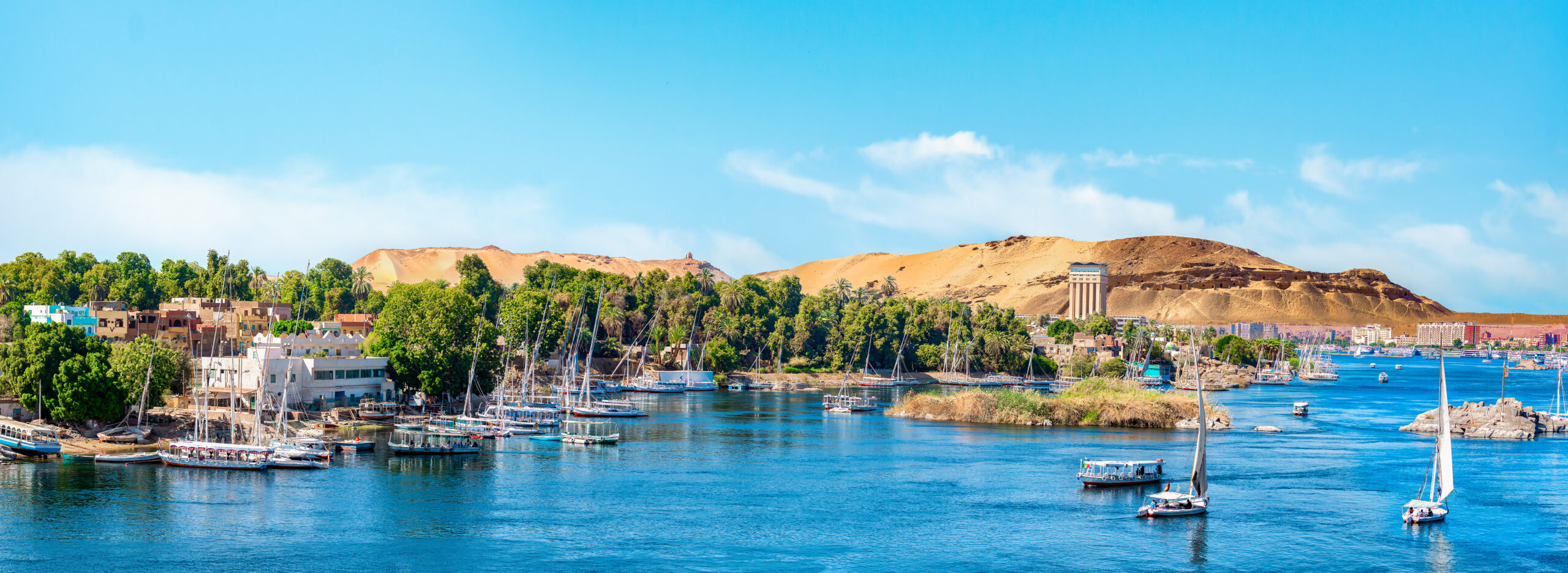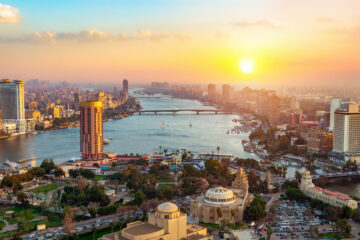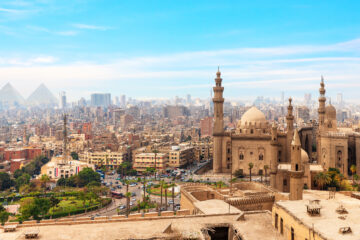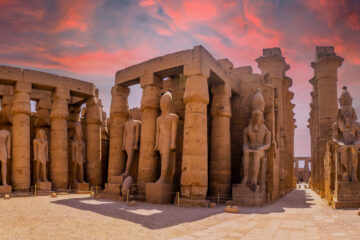

Egypt, a land steeped in ancient history and civilization, offers a myriad of wonders. Among these are the vibrant and culturally rich Nubian Villages, nestled along the banks of the River Nile. This article will take you on a journey to explore the enchanting world of Nubia, its people, traditions, and colorful lifestyle.
The Enchantment of Nubia
Nubia, a region in southern Egypt, is a tapestry of bright colors, rich culture, and a history that dates back millennia. Known for its distinctive architecture and warm-hearted people, Nubia presents a stark contrast to the grandiose temples and pyramids of ancient Egypt. The charm of Nubia lies not just in its physical beauty but in the resilience and vibrancy of its culture.
Location and Accessibility
The Nubian Villages are primarily located in the Aswan region, along the Nile’s banks. Getting there is a journey through Egypt’s contrasting landscapes, typically involving a flight to Aswan followed by a short boat ride across the Nile. This journey itself is an integral part of the Nubian experience, setting the tone for the cultural immersion that awaits.
Traditional Nubian Homes
One of the most striking features of Nubian Villages is their architecture. The homes are built with mud-bricks, keeping them cool in the hot climate. But what truly sets them apart is their use of vibrant colors and intricate patterns in decoration, reflecting a deep connection with nature and a strong sense of community identity.
Cultural Richness in Nubian Villages
The culture of the Nubian people is a tapestry woven with threads of history, language, and tradition. Their language, Nobiin, is spoken alongside Arabic and is just as colorful and expressive as their villages. Nubian traditions, passed down through generations, are a testament to the community’s resilience and adaptability.
Nubian Handicrafts and Artistry
Handicrafts are a cornerstone of Nubian culture, with pottery and textile weaving being particularly noteworthy. Each piece tells a story, whether it’s a clay pot crafted using age-old techniques or a handwoven textile adorned with traditional patterns. These crafts are not just art; they are a narrative of the Nubian way of life.
Traditional Nubian Cuisine
The culinary experience in Nubian villages is as authentic as it gets. Traditional dishes like ‘ful’ (cooked fava beans) and ‘taameya’ (Egyptian falafel) are staple foods. Meals are often communal, offering a glimpse into the warm hospitality that is quintessentially Nubian.
Daily Life in Nubian Villages
Life in a Nubian village is a blend of the old and the new. While modern amenities are present, traditional ways of life are still prevalent. From fishing on the Nile to engaging in local agriculture, the Nubians maintain a close relationship with their land and river.
The Role of the River Nile
The Nile is the lifeblood of Nubian villages, influencing their culture, economy, and daily life. It is central to agriculture and fishing, which are the mainstays of the local economy. The river also plays a significant role in social and cultural activities.
Nubian Festivals and Celebrations
Nubian festivals are a vibrant display of culture and heritage. These celebrations, often linked to agricultural cycles, are filled with music, dance, and communal feasting, reflecting the joyous spirit of the Nubian people.
Sustainable Tourism in Nubian Villages
Responsible tourism plays a crucial role in preserving Nubian culture and supporting the local economy. Visitors are encouraged to engage with the community in ways that respect their traditions and environment.
Photography in Nubian Villages
For photography enthusiasts, Nubian villages are a dream. The vibrant colors and unique architecture offer endless opportunities for capturing stunning images. However, it’s important to be respectful and seek permission before photographing local people.
Accommodation Options
Accommodations in Nubian villages range from traditional guest houses to more modern hotels. Staying in a Nubian house offers an authentic experience of the local lifestyle.
Nubian Villages as a Window to the Past
Visiting Nubian villages is like stepping back in time. The preservation of their traditions and lifestyle offers insights into a past that is both ancient and enduring.
Engaging with Nubian Art and Music
Art and music are integral to Nubian culture. Visitors have the opportunity to experience traditional performances and learn about the instruments and rhythms that define Nubian music.
Conservation Efforts
Environmental conservation is vital for the Nubian villages. Efforts are made to protect the natural environment and the cultural heritage of the Nubian people.
Nubian Villages for Families
For families, Nubian villages offer a unique educational and cultural experience. Activities for children are plentiful, and the experience is both fun and informative.
FAQs About Visiting Nubian Villages
What is the best time to visit Nubian Villages?
The best time to visit is between October and April when the weather is cooler.
Can I participate in local activities?
Yes, visitors are often welcome to participate in daily activities and learn about Nubian culture.
Are there language barriers for non-Arabic speakers?
Most Nubians speak both Nobiin and Arabic, and many can communicate in English, especially those involved in tourism.
How can I respect the local culture?
Respecting local customs, dressing modestly, and asking permission before taking photos are key ways to show respect.
Is it safe to travel to Nubian Villages?
Yes, Nubian villages are known for their safety and the hospitality of their residents.
Can I buy local handicrafts?
Yes, buying handicrafts is a great way to support the local economy and take home a piece of Nubian culture.
Conclusion and Final Thoughts
The Nubian Villages in Egypt are more than just a tourist destination; they are a vibrant, living museum of culture, history, and tradition. Visiting these villages is not just a journey through a colorful landscape, but a voyage into the heart of a resilient and welcoming community. It’s an experience that stays with you long after you leave the banks of the Nile.







